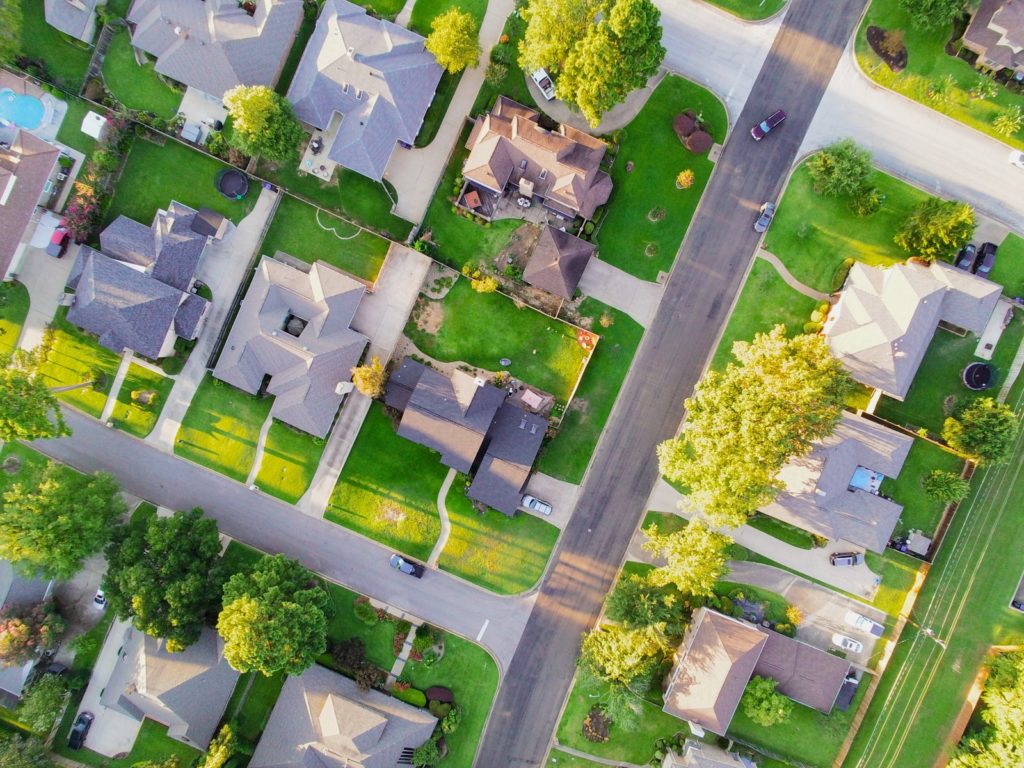ESAL chatted with Cindy Hua, board member of Downwinders at Risk and chair of the Particulate Matter Education Committee, about her work on empowering residents to engage with the civic process and her journey into local activism.
Depending on the setting, decision-making bodies in your neighborhood can take many structures and have wide-ranging degrees of formality. They can include university administration and homeowners association. Other non-governmental organizations, such as places of worship or local employers, can also play a significant role in community decision making. Like cities and counties, neighborhoods may also form their own advisory commissions to advise and solicit local feedback on issues such as traffic management, real estate planning, and community business development. Many neighborhood initiatives are volunteer-led, providing a unique opportunity for scientists and engineers to be key contributors to policy design and implementation.

ESAL chatted with Cindy Hua, board member of Downwinders at Risk and chair of the Particulate Matter Education Committee, about her work on empowering residents to engage with the civic process and her journey into local activism.
Learn more about how researchers are using data science to highlight the housing insecurity issue across the country.
The Thriving Earth Exchange project aims to amplify climate narratives in migrant communities. A science educator and artist, Amaris Alanis-Ribeiro, center director of the North Park Village Nature Center in northwest Chicago, noticed the changing demographics of Albany Park and realized the potential of partnering with their local community to share stories, inspire conversations, and celebrate unique cultures and identities across Chicago. Learn more about how Alanis-Ribeiro maintains a connection to her artistic interests, while forging a path in science outreach leadership.
Jim Treglio is a retired materials scientist who mobilized a Community Emergency Response Team program in San Diego. Treglio shared his experience using his technical background to work with the local fire department and how scientists can contribute to community response efforts.